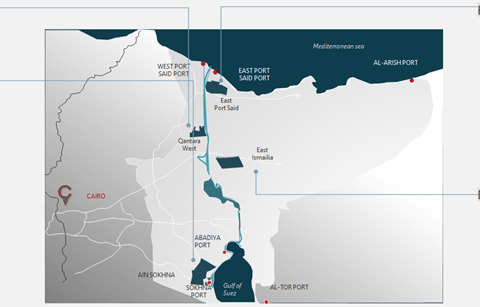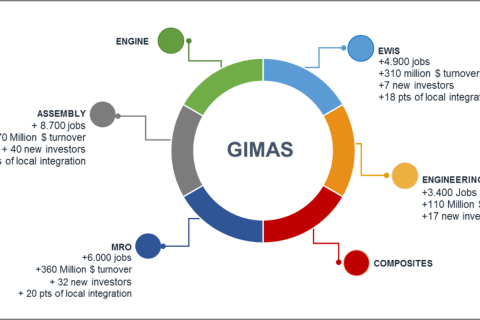Konza Technopolis is one of Kenya’s boldest projects to transform its economy and position it as a major player in Africa’s digital economy. Located approximately 60 km southeast of Nairobi, this smart city under construction embodies the country’s vision of a future based on technology, innovation, and high-value services.
![]()
Created as part of Kenya Vision 2030, Konza Technopolis covers an area of 2,000 hectares and is expected to eventually accommodate more than 200,000 residents and workers. The city aims to be a model of sustainable urban development: it integrates ecological buildings, intelligent resource management systems (water, energy, waste), clean transport, and green spaces.
The heart of the project is a technological and industrial hub bringing together information and communication technology (ICT) companies, innovative startups, research centers, specialized universities, and business incubators. The goal is to create a dynamic ecosystem where innovation, training, and entrepreneurship meet.
Planned infrastructure includes a world-class data center, industrial parks, modern residential areas, and healthcare and leisure facilities. The Kenyan government hopes Konza will attract local and foreign investors, particularly in the fields of artificial intelligence, cybersecurity, biotechnology, and creative industries.
Konza’s financing is based on a public-private partnership (PPP) model. The government provides the land and basic infrastructure (roads, electricity, fiber optics), while the private sector is engaged to construct and operate the buildings and services. Global giants such as IBM, Microsoft, and Huawei have expressed interest in participating in the project.
Since its official launch in 2013, the project has progressed in phases. The first phase, centered on 400 hectares, includes the construction of the first roads, water and electricity networks, as well as the first administrative and academic buildings. However, Konza has also experienced delays due to administrative delays, complex partnerships, and financial challenges.
Konza Technopolis, however, symbolizes Kenya’s desire to establish itself as a regional ICT hub, creating skilled jobs and driving the knowledge economy. The project’s success could inspire other African countries to invest in smart cities and technology hubs, and help bridge the continent’s digital divide.



